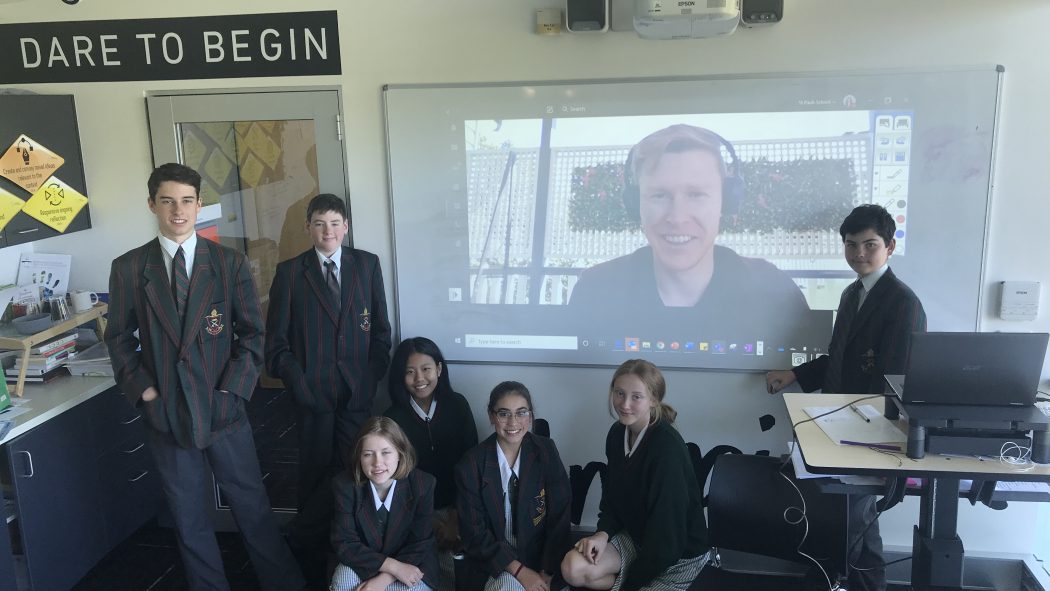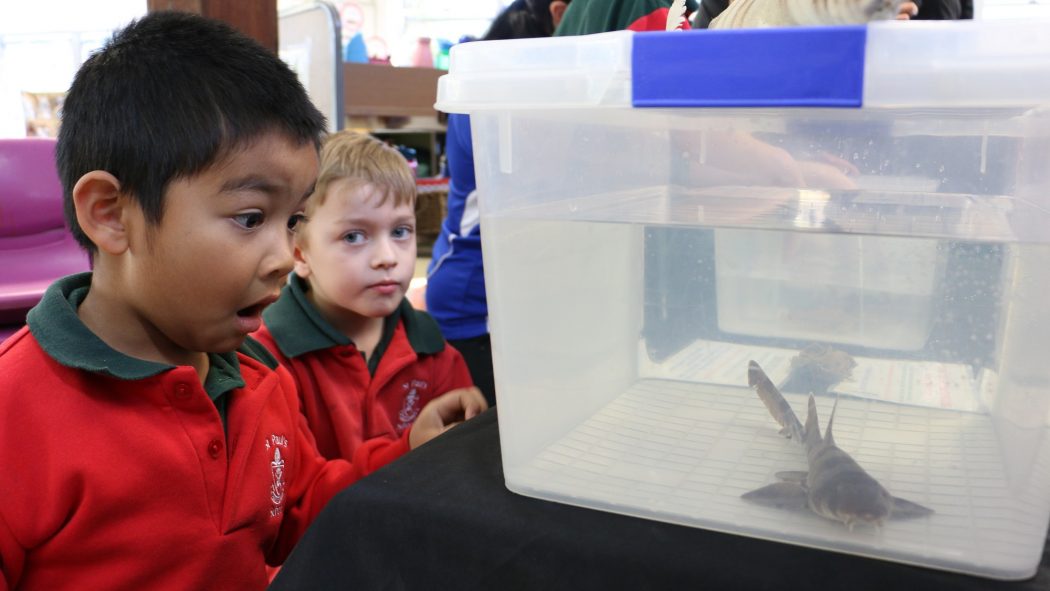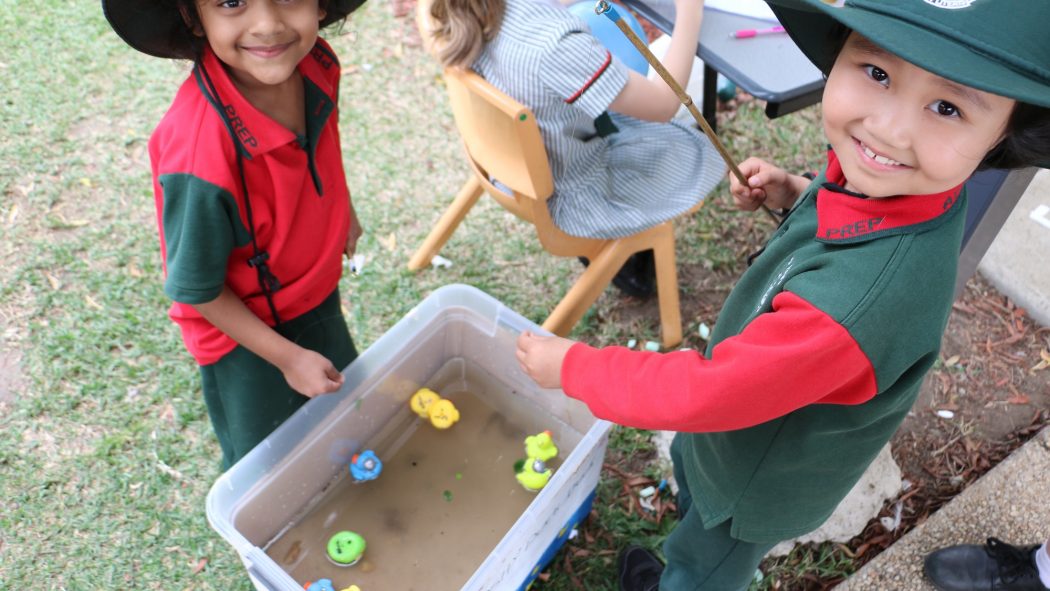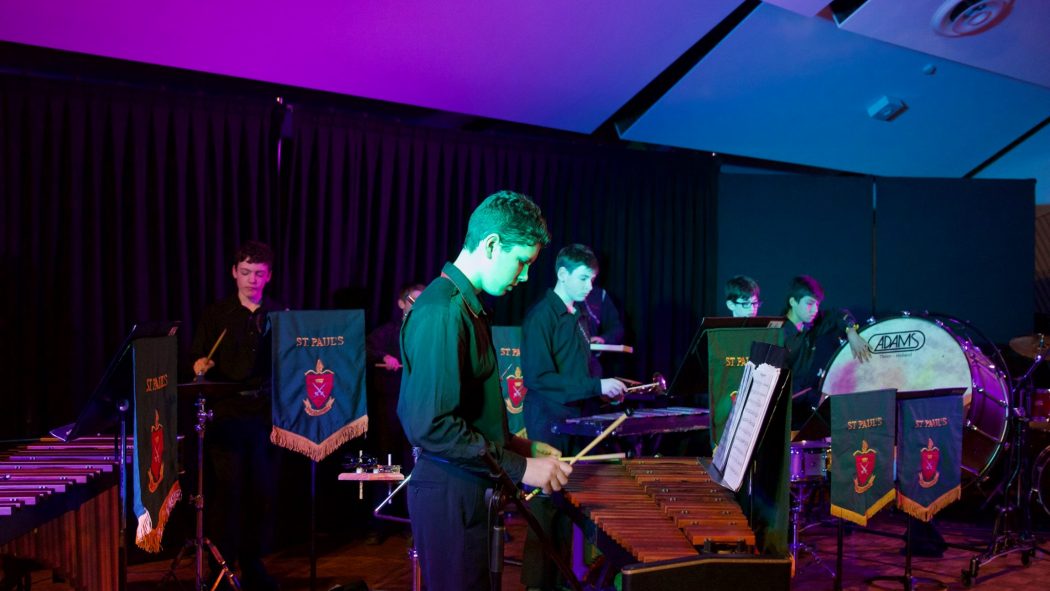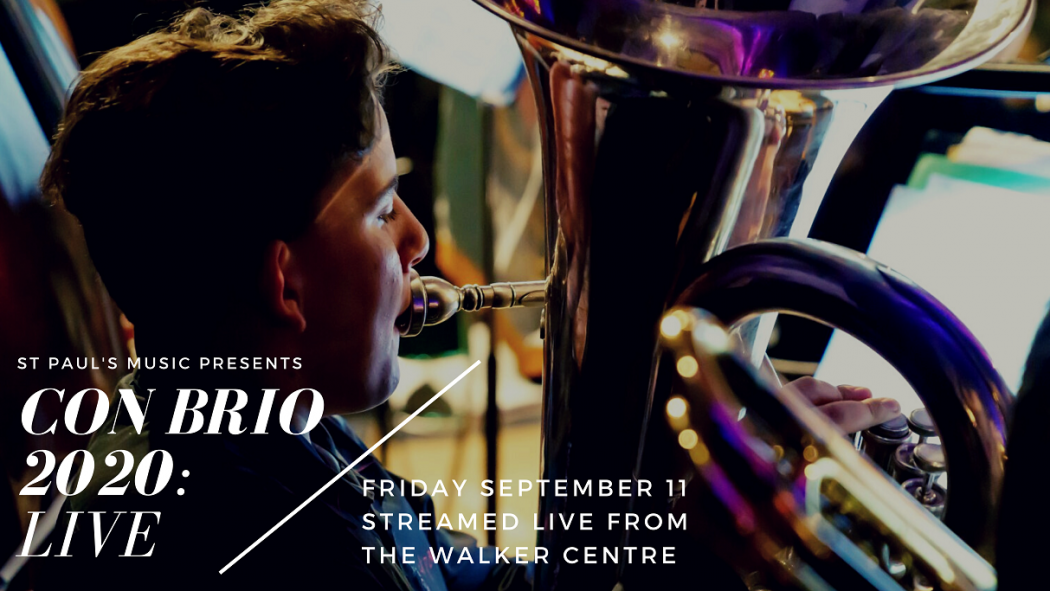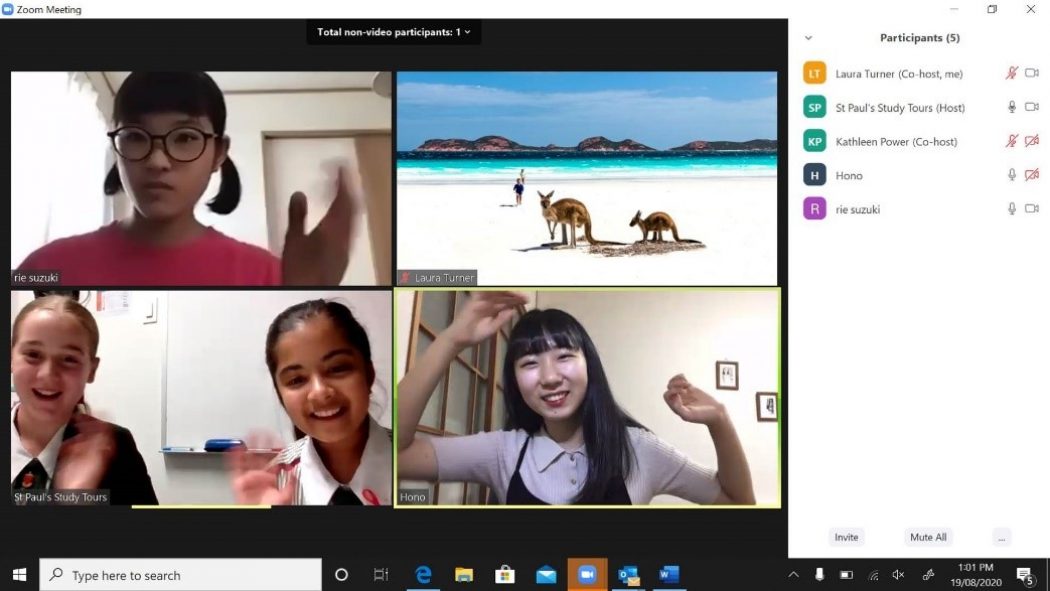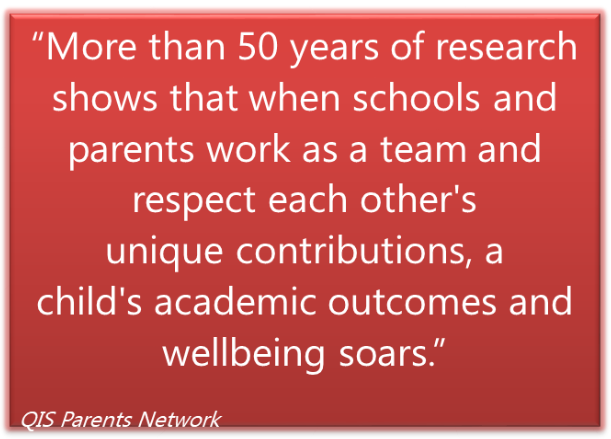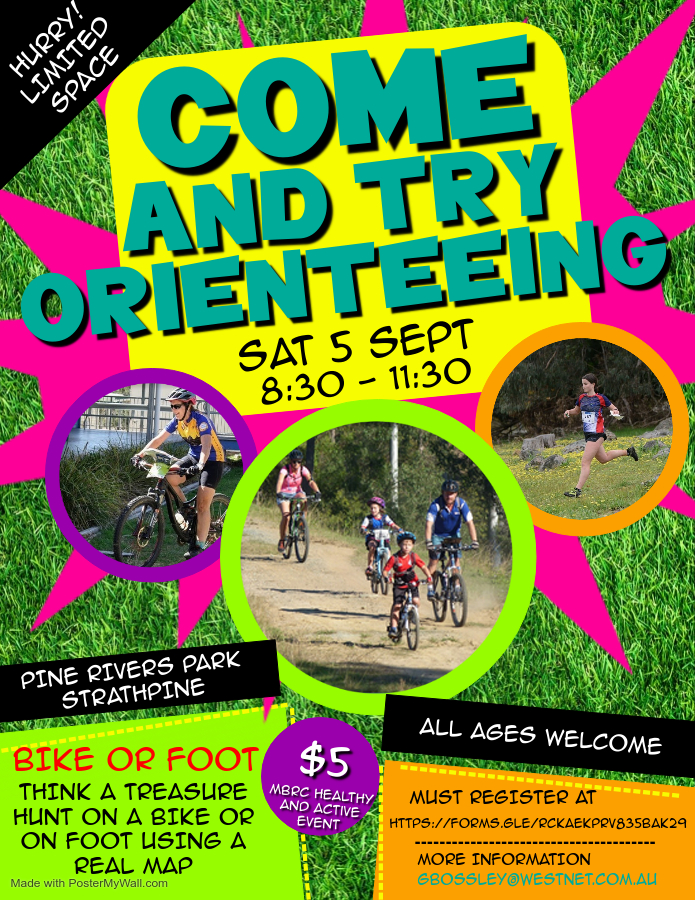Sir Ken was somewhat of a guru in education circles. He was held in extremely high regard across the world for challenging the current purpose and approach to education. His provocative 2007 TED Talk “Do Schools Kill Creativity?” is one of the most watched TED talks of all time. Various uploads on YouTube give you a bit of an idea of the numbers who have watched his 20 minute talk: this particular version has over 19 million views.
We used Sir Ken’s provocative TED Talk at a staff planning day back in 2009. That video was the provocation we needed to begin thinking about what an education worth having in the 21st century really looked like.
Sir Ken’s thesis is that schools do in fact kill a person’s creativity. If you don’t believe him ask yourself, and other adults around you, the question, “Do I consider myself to be creative?” Most will answer, “No”. We have been conditioned to believe that creativity is the preserve of artists, musicians and writers.
Schools unintentionally condition a person to conform to a system: Just teach me what I need to know to pass this exam; the purpose of school is to get to university; my worth/ability is measured by a grade or ATAR score. Creativity is squeezed out, replaced by standardisation, measurements and accountability.
But the truth is we are all capable of creativity. We are all born with endless creative abilities, thoughts and ideas.
Theologically this is true. The book of Genesis (the first book in the Bible) chapter 1 verse 1 states that, “In the beginning God created the heavens and the earth.” God is a creative being.
God moved through His work of creation, speaking into being all that we can and cannot see. Verse 26 describes His final act of creation. He “created man and woman in our own image, in our likeness.” If God is a creative being, then so are we.
Sir Ken might not have had a Christian faith, but he certainly believed the same – that we are all capable of creativity and that creativity might be expressed in dance, drama, mathematics, science, English, languages, business, problem solving, etc.
As our world rapidly changes (with the increase in acceleration of change caused by advances in technology, and for this year, the impact of COVID-19), what almost all agree is that the jobs and roles of the future will need high levels of creative ability, innovative thinking, even entrepreneurial thinking. Our education systems have to change if young people are to thrive.
Sir Ken was right in his provocation. At St Paul’s School we are grateful for his provocation and his life’s work. It has resulted in our unique approach to education: Realms of Thinking. An approach that nurtures and fosters creative thinking in every curriculum area across the entire school.
Sir Ken, we are grateful to you.
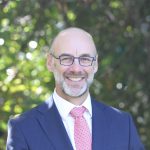 Dr Paul Browning
Dr Paul Browning
Headmaster


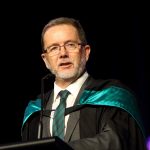
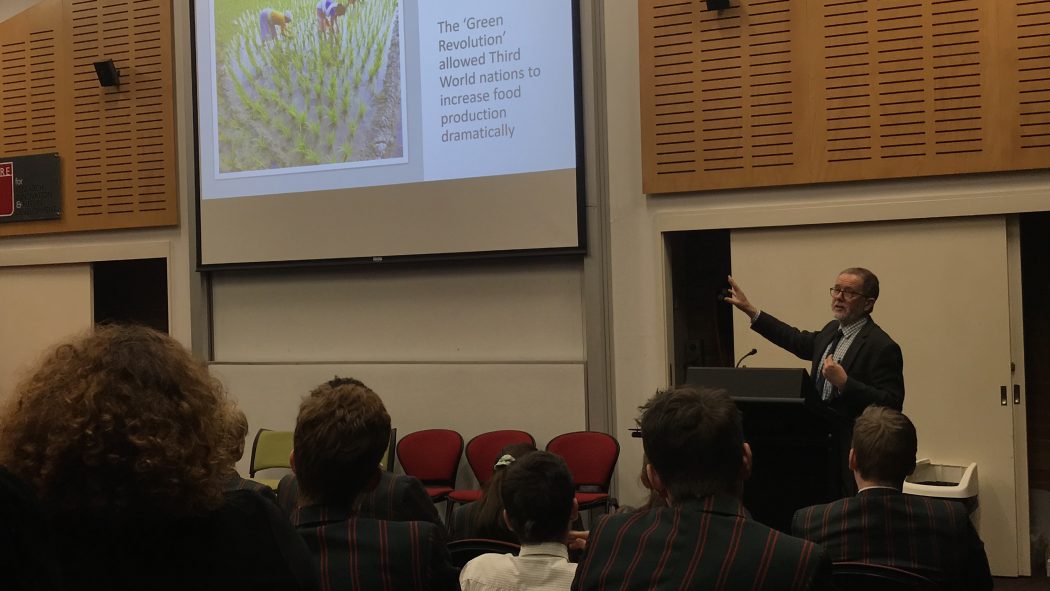
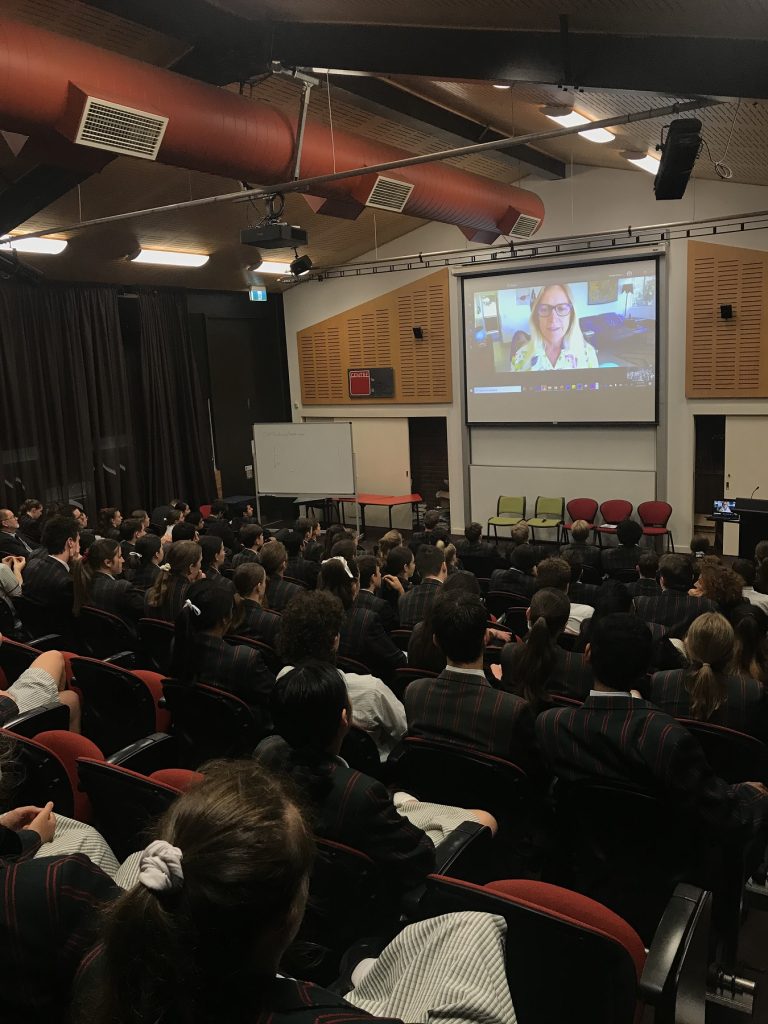 Thanks to:
Thanks to: